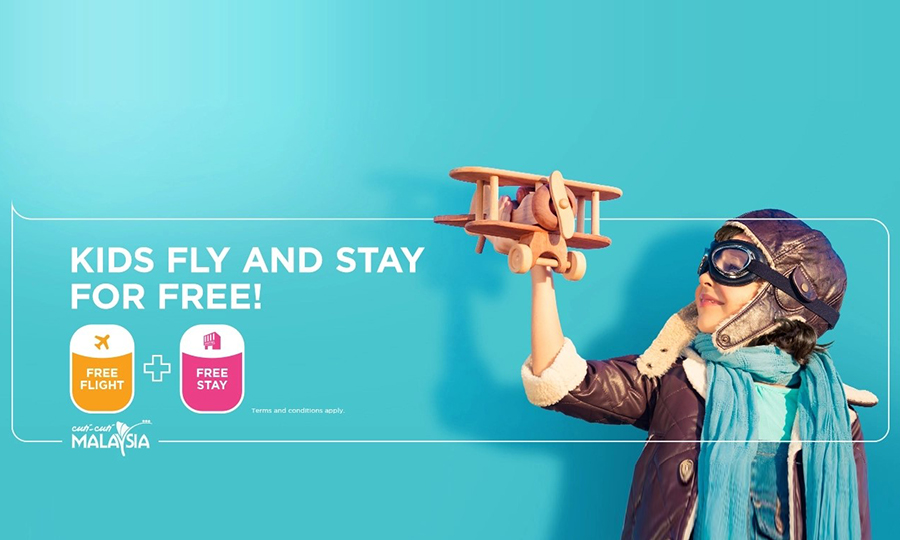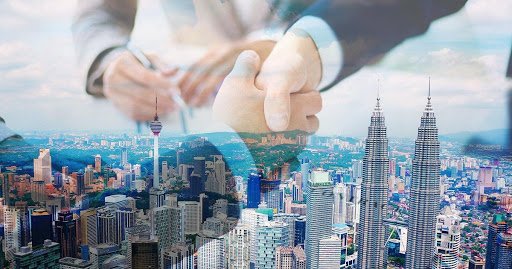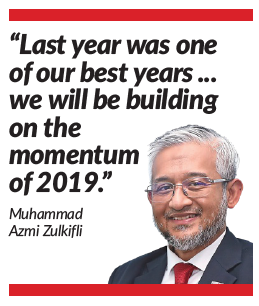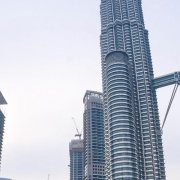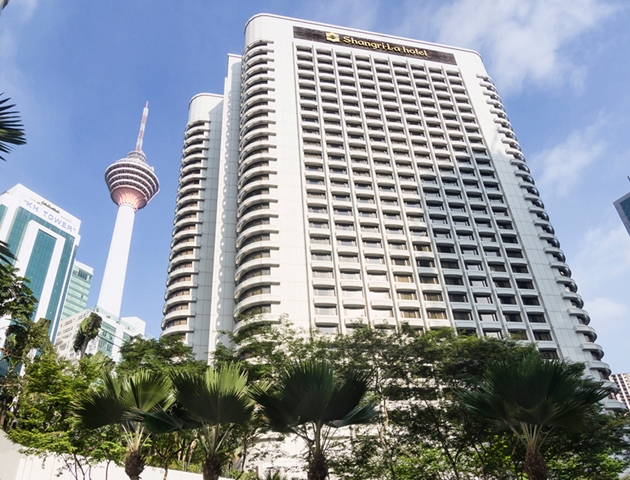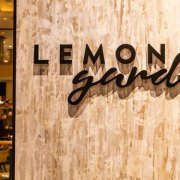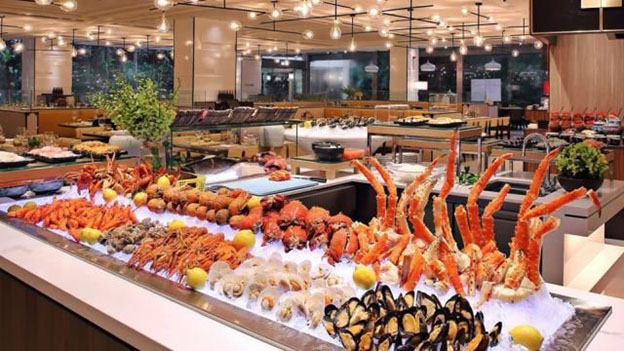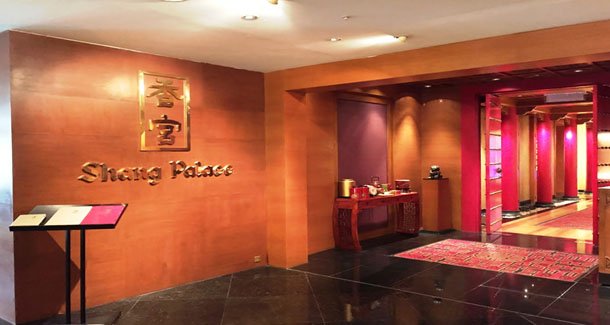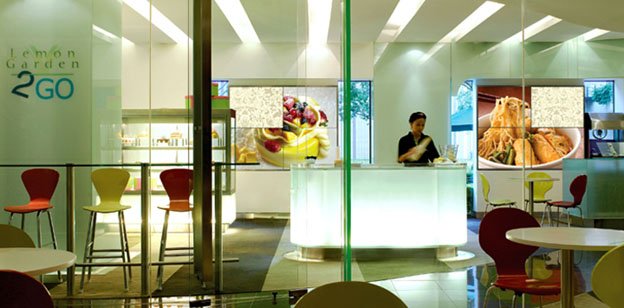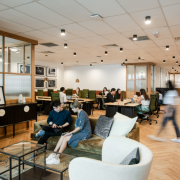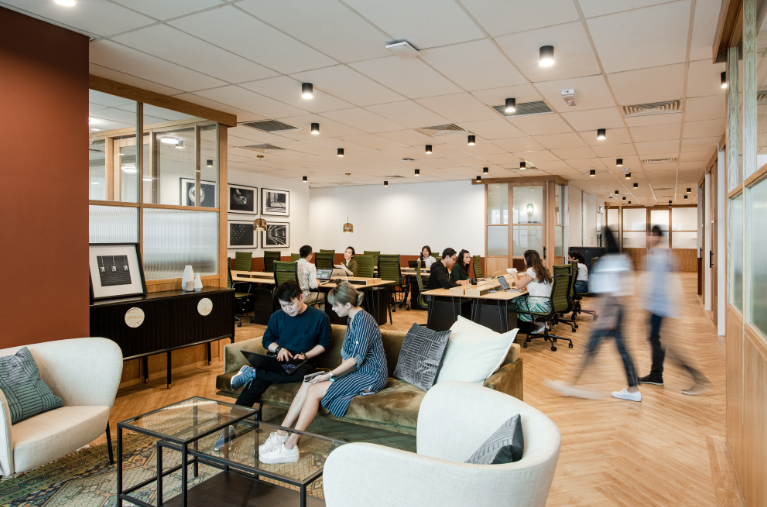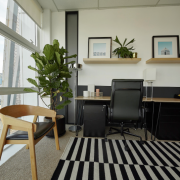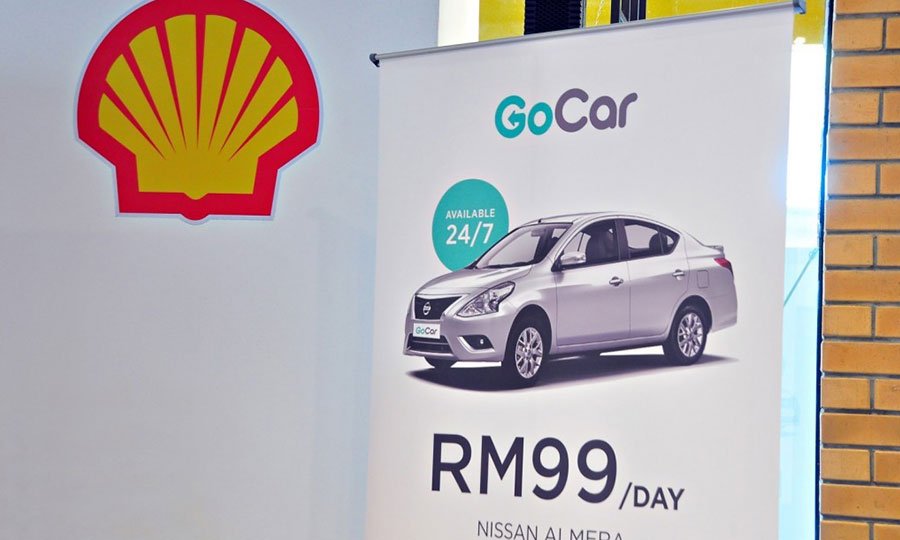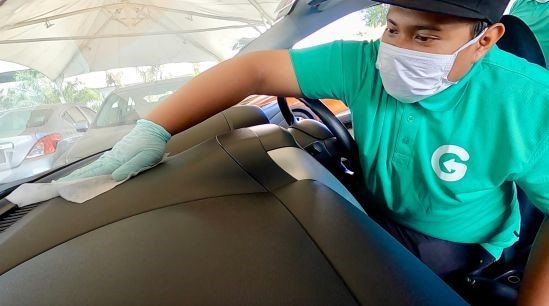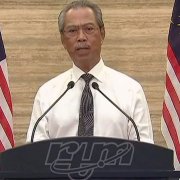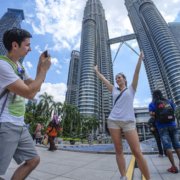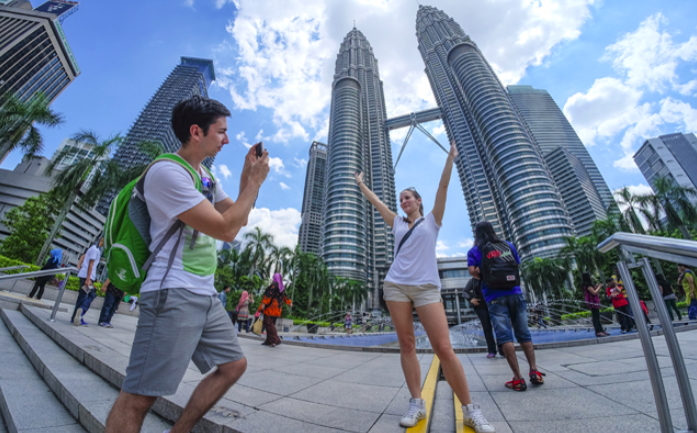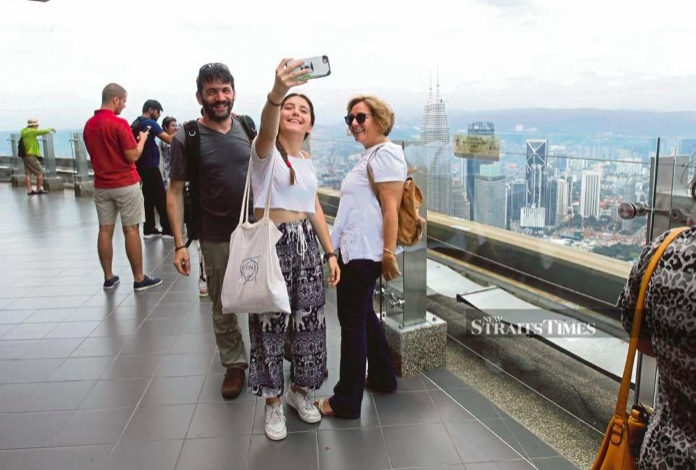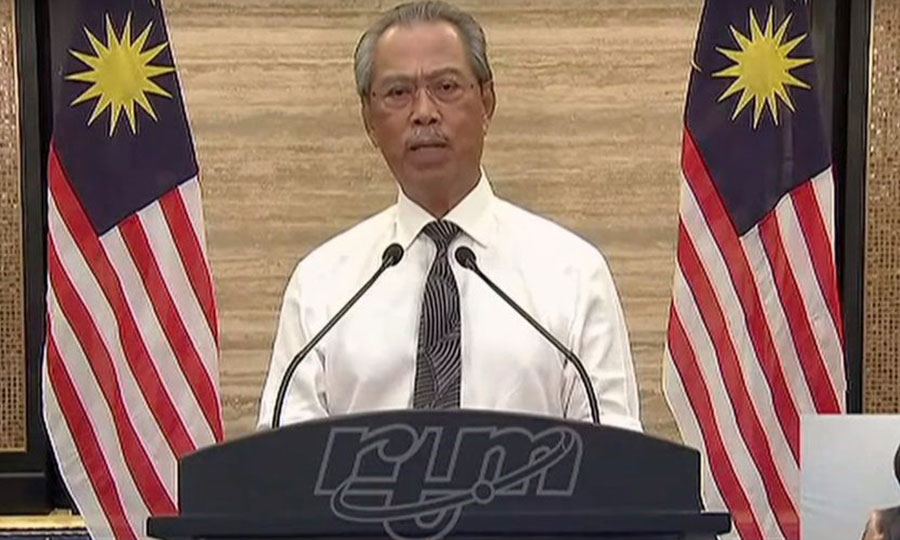
Since March 18, Malaysians have been #StayingAtHome or #DudukDiRumah under the movement control order (MCO) declared by the government to help stop the Covid-19 pandemic. The speed at which this disease spreads is like nothing we have seen before. Prime Minister Tan Sri Muhyiddin Yassin said on March 27, “We are a nation at war with invisible forces. The situation we are now facing is unprecedented in history…. This unprecedented situation of course requires unprecedented measures”.
It is time for Malaysia to enact an unprecedented law: the Covid-19 law. This law would provide for temporary measures to aid businesses, especially SMEs (small and medium enterprises), that are adversely affected by the Covid-19 pandemic.
While we are observing the MCO by staying home, many contractual obligations are still running, including payment of salaries, rental of business premises, commitments to deliver (non-essential) goods and services, construction contracts, booking of events in hotels and event halls for which deposits have been paid, and loan repayments and hire purchase payments for machinery and equipment.
The government has taken various positive steps to assist SMEs through stimulus packages announced on March 27 and April 6, particularly in subsidising salaries, allowing rental waivers or deductions, and, through Bank Negara Malaysia, instituting a six-month moratorium on loan repayments. However, there are other contractual obligations that SMEs have to fulfil. Hence, I expect that after the MCO is lifted, there will be many claims for breach of contracts. If the claims are successful and the defaulting parties are unable to pay the compensations or damages adjudged, there will be many bankruptcies, which is absolutely undesirable in the tough years ahead. A Covid-19 law could grant relief to parties genuinely affected by the pandemic, giving them time to breathe and recover until they can meet their contractual obligations.
Many SMEs are gravely affected by this crisis, and it is not an exaggeration to say they are on the brink of collapse because they are running out of cash. The effect of having many SMEs close down is massive: About 98% of all businesses in Malaysia are SMEs, and SMEs contribute about 40% of the nation’s gross domestic product (GDP), amounting to more than RM500bil. More importantly, SMEs currently provide jobs to 70% of Malaysia’s workforce. We cannot let SMEs, the backbone of the country’s economy, collapse.
It is the government’s duty to intervene. Singapore has tabled the Covid-19 (Temporary Measures) Bill for debate in its Parliament. Policymakers are calling the law a “legal circuit breaker”. In a free market economy, governments are generally reluctant to intervene with contracts entered into in the business community, thus upholding the sanctity of contract. However, during a crisis like this, and looking at the magnitude of effects caused by the Covid-19 outbreak, governments should introduce laws to save the economy.
Malaysia could use Singapore’s law as a reference point. The “legal circuit breaker” could cover several types of contracts, such as:

Construction-related contracts: The supply chain in the construction industry has been badly affected by the MCO. Many countries have imposed movement controls or lockdowns, causing shortages of materials. Manpower is also a huge concern, and many foreign workers are not able to enter Malaysia or leave their home countries due to travel restrictions.
A Covid-19 law should allow delays during the effected period to be disregarded and extensions granted. For example, housing developers who have signed sales and purchase agreements with purchasers under prescribed Schedule G or Schedule H agreements (which do not have a force majeure clause) should be allowed an extension to deliver vacant possession to purchasers. Being penalised for 10% a year liquidated damages is unfair. Likewise, employers in construction contracts should not slap contractors with damages if construction work is delayed due to the MCO.
Tenancy and lease of non-residential properties: Tenants who are genuinely unable to pay rent as a result of Covid-19 may seek relief by serving their landlords with notice. The Covid-19 law should prohibit the landlord from commencing legal proceedings against the tenant for a prescribed period of time, being the period affected by the pandemic, for this type of contract.
This does not mean that tenants no longer need to pay the rent during the affected period, it just means that payment is deferred to a time deemed appropriate by the law without the risk of being evicted or the tenancy being terminated by the landlord.
To reduce the burden on the landlord, the law should also allow the landlord to utilise the security/rental deposit to cover the outstanding rent for this period. The deposit should be topped-up by the tenant after an appropriate period of time.
Tourism, hospitality and event contracts: In this area, it is common for people to make advance bookings; many are made as long as one year ahead, for example, conference halls for international events, hotel banquet rooms for wedding receptions, etc. The hotel or event company usually collects a deposit to confirm the booking.
For events planned during the MCO period, it would be unfair for hotels or event companies to forfeit the deposit when an event is cancelled. It is not that the client chooses not to hold the event, the MCO forces the decision. If the event can be postponed to a later date, the deposit should be kept and utilised in the future.
Loan and hire purchase agreements: Bank Negara Malaysia has announced a moratorium on loans for six months. This is a great move that has been welcomed by the business community. A Covid-19 law, however, could step further to regulate the mechanisms of the moratorium and recovery process after the six-month moratorium period.
In Singapore, the threshold for individual bankruptcy and a company’s winding-up will be increased and the time period of statutory notice also increased to six months if the Covid-19 law is passed there. In another words, it would be harder to make a person or company bankrupt during this tough time.
Under existing laws, many risk becoming bankrupt due to the cash flow issue. This could even happen to good companies with a lot of potential. A Malaysian Covid-19 law could avoid such legal massacres.
Legality of online virtual meetings: During the MCO period, many companies are holding online meetings as staff are working from home. Legal issues remain to be tested whether companies or organisations can hold online general meetings. Even after the MCO is lifted, mass gatherings would still be discouraged so companies and organisations should be allowed to hold general meetings online. This is the new normal we have to learn adapt to now.

Legality of witnessing the signing of legal documents online: Many legal documents in Malaysia – especially those involving the transfer or charge of properties – require signatures to be witnessed by a lawyer. In the new normal, the Covid-19 law should allow the act of signing to be witnessed by the lawyer watching online.
The concern arises whether the document signed during an online session is the same as the final document received by the lawyer. Such concerns can be addressed by the lawyer doing a verification after the document is received. If we are heading into an era where court hearings can be conducted online, witnessing requiring a physical presence should be relaxed.
It is timely to enact a Covid-19 law when Parliament next meets to save SMEs and the economy as a whole. Many SMEs will not be able to survive if contractual obligations have to be met during this Covid-19 crisis – and even after the MCO is lifted, businesses will need time to recover from it. Let us give them time to rebuild. Given such assistance, SMEs will emerge stronger and better in the future, which would be good for the country in general.
Source: https://www.thestar.com.my/opinion/letters/2020/04/11/malaysia-needs-to-enact-a-covid-19-law-to-help-the-economy-to-recover
